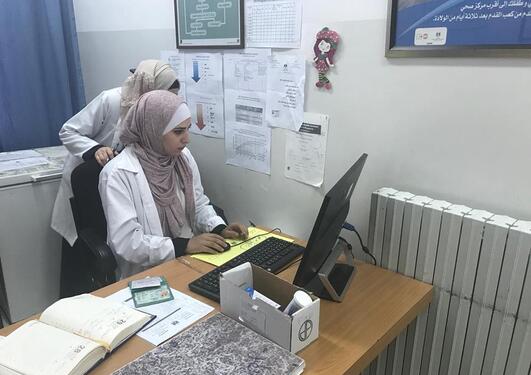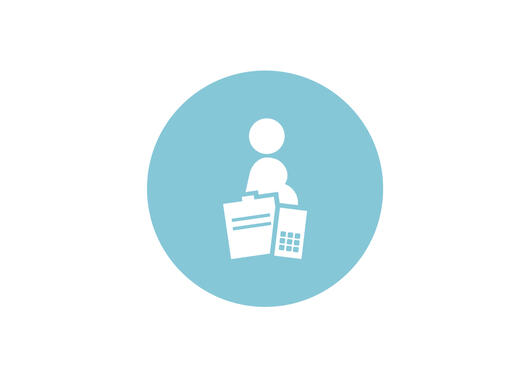Mahima Venkateswaran: Health information about pregnant women on the West Bank, Palestine
Digital health information systems can make health indicators more accessible. Mahima Venkateswaran emphasizes the importance of understanding this type of data to assess quality in health service.

Hovedinnhold
Mahima Venkateswaran is a trained doctor from India. She completed her master's degree in Global Health at Maastricht University in 2013. On November 5th 2019, Venkateswaran successfully defended her thesis and obtained the degree of Philosophiae Doctor (PhD) at the University of Bergen. Her thesis is entitled "Attributes and consequences of health information systems data for antenatal care: health status, health systems performance and policy".
The project
Mahima Venkateswaran refers among others to WHO's framework for routine health information systems (RHIS) when she explains the need to replace paper-based information system with electronic ones on the West bank in Palestine.
In 2017, the project “eRegistry support” randomized 120 health centres in Palestine to assess the effect of introducing eRegistries with interactive checklists and clinical decision support on the quality of antenatal care.
Venkateswaran's thesis propose that transition from manual aggregations to individual-level data will lead to significant changes in the values of routinely reported indicators and interpretations of health system performance of antenatal care.
All data collection were conducted in close collaboration with the field coordinators of the study at the Palestinian National Institute of Public Health (PNIPH) and WHO. (Read more about the project here).
Paper-based vs electronic-based
Personal data in an electronic information system can improve the monitoring of the health of pregnant women. Reliable and complete routine indicators can be generated when clinical records data are directly used for automated commutations. However, the metric used to quantify antenatal care service provision has consequences for the understanding of health system performance.
Venkateswaran finds that priorities presented by the modelling tool Lives Saved Tool (LiST) change with the use of personal data, compared to merged data. For example, Palestinian women have more than four pregnancy checks on average per pregnancy, but personal data reveals that only 13% of the checks occur during the recommended pregnancy week.
Data collected during a health visit is an important source of information alone, but also in combination with other information. Mahima Venkateswaran emphasizes the importance of understanding this type of data to assess quality in health service.
See a summary of her work in Norwegian.


